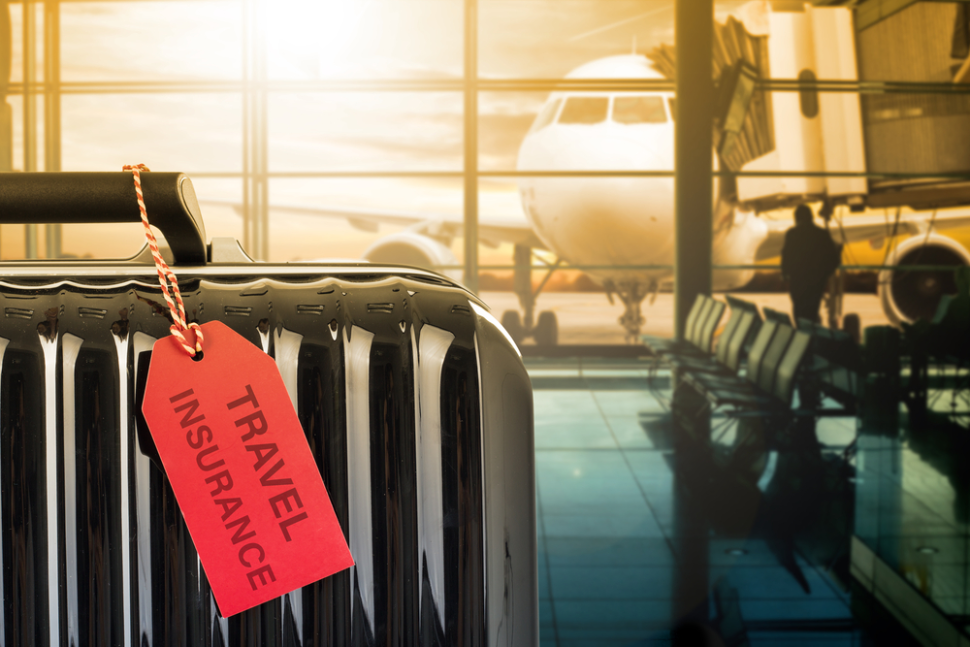What is more exciting than the prospect of getting away for a little r1est and relaxation when life becomes a bit too much? Just about nothing. But it is rarely inexpensive to go on vacation. People often forego their getaway due to the expense of leaving town. It isn’t just the travel and the getting there that costs you so much; once there, it is like being nickel and dimed.
The worst part of any vacation is that you have to plan it ahead of time. It isn’t the planning that is the hardship; that’s fun for most people. What is a hardship is putting the money down at the start. Life is unpredictable, so when you prepay for a vacation — which you almost inevitably have to — that can leave you with no recourse should the unexpected happen. Many vacations have been completely ruined by illnesses, deaths or accidents, either before heading out or once the fantastic getaway is underway.
Many new companies are entering the travel insurance business. It’s a great idea in theory: once you have put your deposit down or paid the entire expense, travel insurance is supposed to ensure that you can get your money back if you can’t go. For the small cost of the insurance, which is typically only a few hundred dollars, it just makes sense to pay the extra to make sure that you can recoup your money if something happens before you say “bon voyage.”
The problem with many travel insurance plans is that they rarely cover anything that could actually happen. Like a cell phone insurance company who won’t cover damage to the glass, water damage, or anything that is your fault, some travel insurance policies not only have exclusions on just about everything, but even getting your claim paid can take more time and documentation than it is worth.
So, should you take out travel insurance when you are booking your trip? That depends on your circumstances, where you are going and reading the fine print of what the coverage will and will not cover. It is also important to know what types of documentation you have to provide and if there are things that are excluded, which is highly probable, depending on the destination that you choose.
There are very few companies that will cover you for any reason. If you need to cancel your trip, there often has to be some sort of “reason” why. Some companies will offer higher “tiers” of coverage that will cover you in the event that you don’t have a “qualifying” reason, but the more coverage you get, the more you are going to pay. Basic coverage is usually that — basic. That means that unless the earth is hit by a meteor, you won’t be able to recoup.
If you take out a higher-premium insurance, you may have to pay more and only receive about 80% of your costs back. But if you are going somewhere exotic and you have paid a whole lot of money, then it might make sense for you.
Most people who are heading out on vacation and feel the need to take out an insurance policy have a specific set of conditions in mind that might happen. For instance, if you are pregnant and concerned that there may be some pregnancy complications, then it is important to go through the conditions to ensure that what you anticipate, is covered, otherwise the insurance makes no sense.
Likewise, if you are going to a beach destination during hurricane season, then it’s an excellent idea to ensure that you will be covered if you’re unable to go due to weather conditions. If you know upfront what conditions you are at most risk for, then reading through any policy before taking it out to make sure that it will cover your fears is the only way to make a sound choice about whether it is for you or not.
Also, if you are heading overseas, then taking out a policy that will cover any accidents or medical problems when abroad may benefit you greatly. When you are far from home and something happens, it not only puts a damper on your vacation — it can increase your vacation costs exponentially.
Not having medical insurance in a foreign land can be a disaster. So if you are traveling overseas, finding travel insurance that will help you either get back on native soil without the expense, or can cover you while you are outside the network of your medical insurance coverage, might be imperative to your wallet and your health.
The short and long answer to whether you should invest in travel insurance really depends on how much you are spending upfront, what your concerns are and if the policy you take out will cover them, and if you are going overseas, you want to make sure that your health is guaranteed. Before you take out any policy, make sure that it will really insure you as you want it to.

